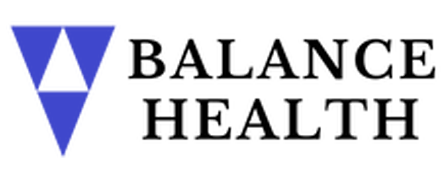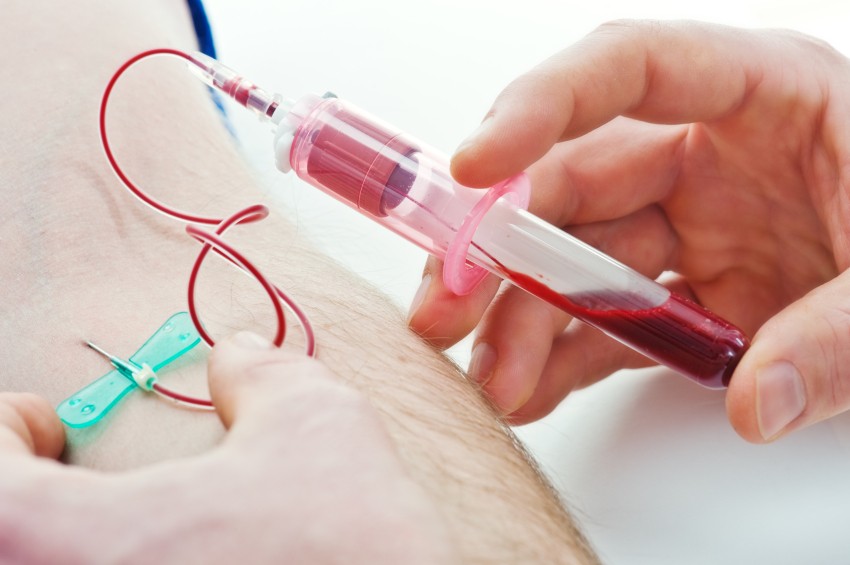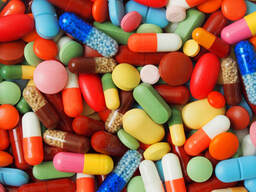Sometimes we decide that it's necessary to order laboratory tests to get a clearer picture of what is going on with how your body works. This could come in the form of serum (blood), fecal (poop), saliva, or urine. Ensuring that samples collected in the right conditions (time, place, etc.) are critical to help us properly interpret the lab results.
Do I need to fast?
If your provider is concerned about something more acute, he or she may say it's ok to get the labs done while not fasting (and elevations in certain markers will be considered if you recently ate or drank).
Should I take my supplements and medications the morning of a lab draw?
Most medications can be taken the morning of our lab draw. We would not want you putting off your blood pressure medication just for lab results. However, there are some caveats to that rule. I would recommend not taking your supplements the morning of your lab draw as it could show up as falsely elevated when we get the reports back.
Vitamin B7 (biotin) is found in many multivitamins, prenatal vitamins, protein shakes, and "hair, skin, and nails" supplements. Biotin can falsely lower troponin (an enzyme that rises shortly after the heart muscle is deprived of oxygen--i.e. a heart attack), thyroid stimulating hormone (TSH), follicle stimulating hormone (FSH), luteinizing hormone (LH), parathyroid hormone (PTH), insulin, autoantibodies, vitamin B12, vitamin D, folate, prostate-specific antigen (PSA), thyroglobulin, ferritin, DHEA-S, IgM, hepatitis A, B, and C antibodies, and human chorionic gonadotropin (GnRH) hormone. Additionally, biotin can falsely indicate high results in estradiol, testosterone, free T3, free T4, IgE, and cortisol. For planned lab draws, stop any supplement with biotin for 72 hours prior to lab draw.
Cephalosporins (cephalexin, ceftriaxone, etc.)--a class of antibiotics--can give a false positive for urine glucose and ketone tests. So beware you ketone urine trackers--if you are on a cephalosporin antibiotic for strep throat, skin infection, or a urinary tract infection, then you may test positive for ketones when you're really not in ketosis!
Psychotropics which include antipsychotics, antidepressants, and anti-dyskinesia, can show up as false positives on urine drug screens and pregnancy tests (I'd say this is rare).
Proton pump inhibitors (PPI) which are used to suppress acid production in the stomach (omeprazole, lansoprazole, pantoprazole, etc.) can cause false negatives in stool antigen tests and urea breath tests. If we're checking for a bacterium in your stomach called H.pylori, then please tell us if you're taking a PPI so we don't waste your time or money with a breath test.
Gabapentin which is used for certain pain and psychiatric conditions can cause a rise in protein urine results.
NSAIDs (ibuprofen naproxen, meloxicam, celecoxib) can cause an elevation in your PT and INR which is when we're looking for certain markers for clotting.
Amiodarone is a medication we rarely use anymore--there are usually better options to help arrythmias--but it can also elevate PT and INR results. Propranolol is another medication that can cause PT and INR to rise.
What time of day should I get my labs done?
If we ordered you a dried urine test for comprehensive hormones (DUTCH) test, then there will be multiple samples throughout the day--and even may include saliva if we're looking at cortisol levels. If this is ordered, there will be specific instructions for what time of day and if you're a female, what time of month is ideal to get the most useful results.
What about Vibrant Wellness labs?
If a Vibrant Wellness kit was mailed to your house, then it should have specific instructions on specimen collection so make sure to follow those! For example, if a saliva sample is ordered, you want to wait 60 minutes after a meal, rinse your mouth with water 10 minutes before sample collection, and avoiding foods with high sugar or acidity, or high caffeine content, immediately before sample collection.



